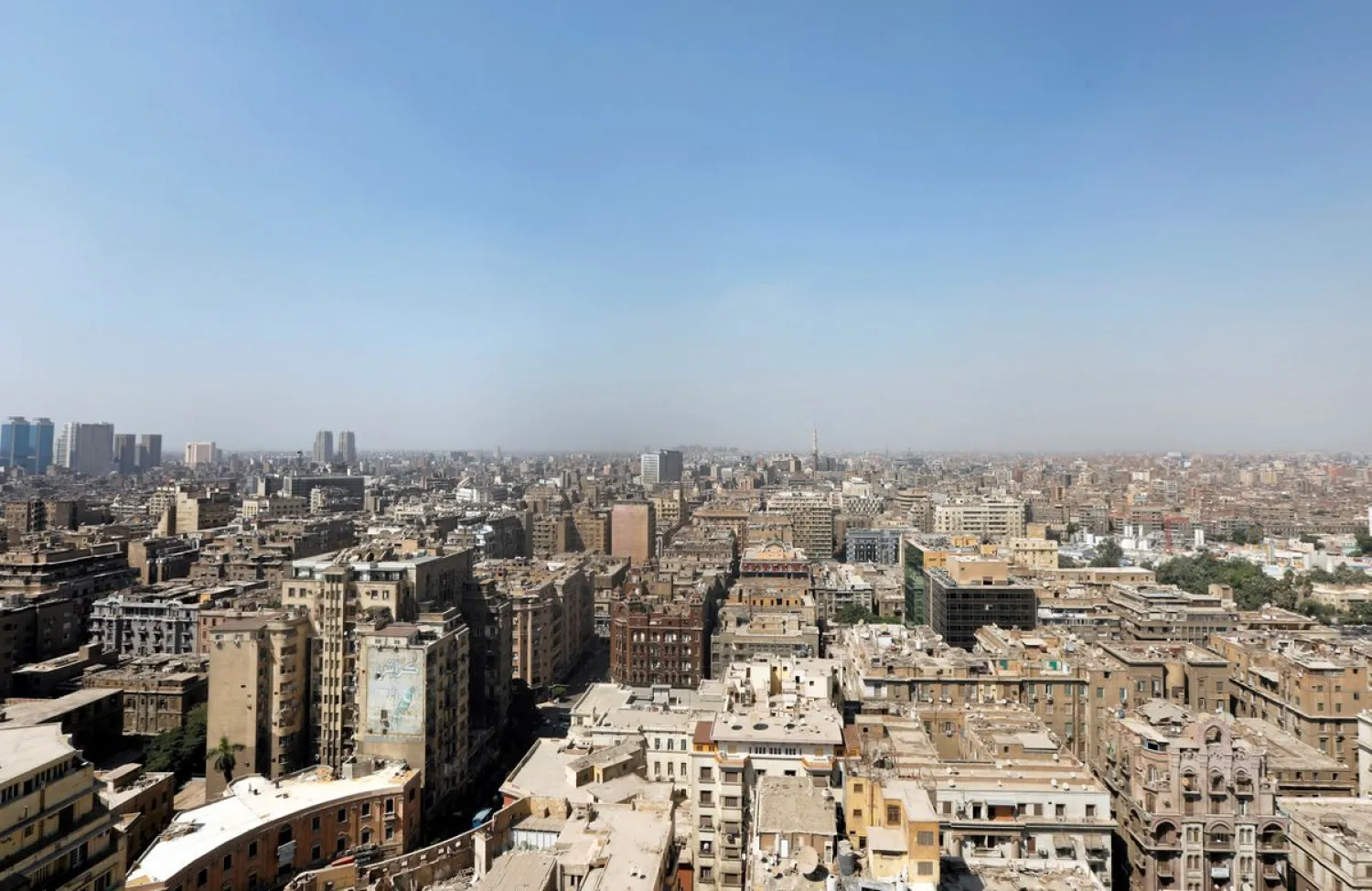Egypt's pound slid about 14.5% to a record low against the dollar on Thursday as authorities announced a $3 billion International Monetary Fund deal with a commitment to a "durably flexible exchange rate regime".
The central bank also raised interest rates by 200 basis points in an out-of-cycle meeting, saying it aimed to anchor inflation expectations and contain demand-side pressures.
Egypt had been in talks with the IMF for a new loan since March. The fund has long been urging Egypt to allow greater exchange rate flexibility.
In a statement confirming a staff-level agreement on a $3 billion, 46-month Extended Fund Facility, the IMF said a flexible exchange rate regime should be "a cornerstone policy for rebuilding and safeguarding Egypt's external resilience over the long term".
It said the deal was expected to catalyze a large, multi-year financing package, including about $5 billion in the fiscal year ending June 2023, reflecting "broad international and regional support for Egypt".
Egypt's central bank said it was intent on intensifying economic reforms and had "moved to a durably flexible exchange rate regime, leaving the forces of supply and demand to determine the value of the EGP against other foreign currencies".
The pound weakened rapidly to around 23 to the dollar from 19.67, data from Refinitiv showed. That was similar to the parallel market rate and indicated a currency float, Naeem Brokerage said in a note.
The bank had already allowed the pound to depreciate by 14% against the dollar in March, and the currency had been slipping gradually since May.
Non-deliverable futures, which FX traders use to bet on moves in the currency over various timeframes, pointed to the pound falling to around 24 per dollar over the next three months and 26 per dollar over the next year.
Egypt's international government bonds also gave back the gains they had made earlier in the day, which had lifted the price of most of them by more than 2 cents on the dollar, Reuters reported.
In its statement on Thursday, the central bank said the Russia-Ukraine conflict had "dire economic ramifications" and consequently led Egypt to experience large capital outflows.









